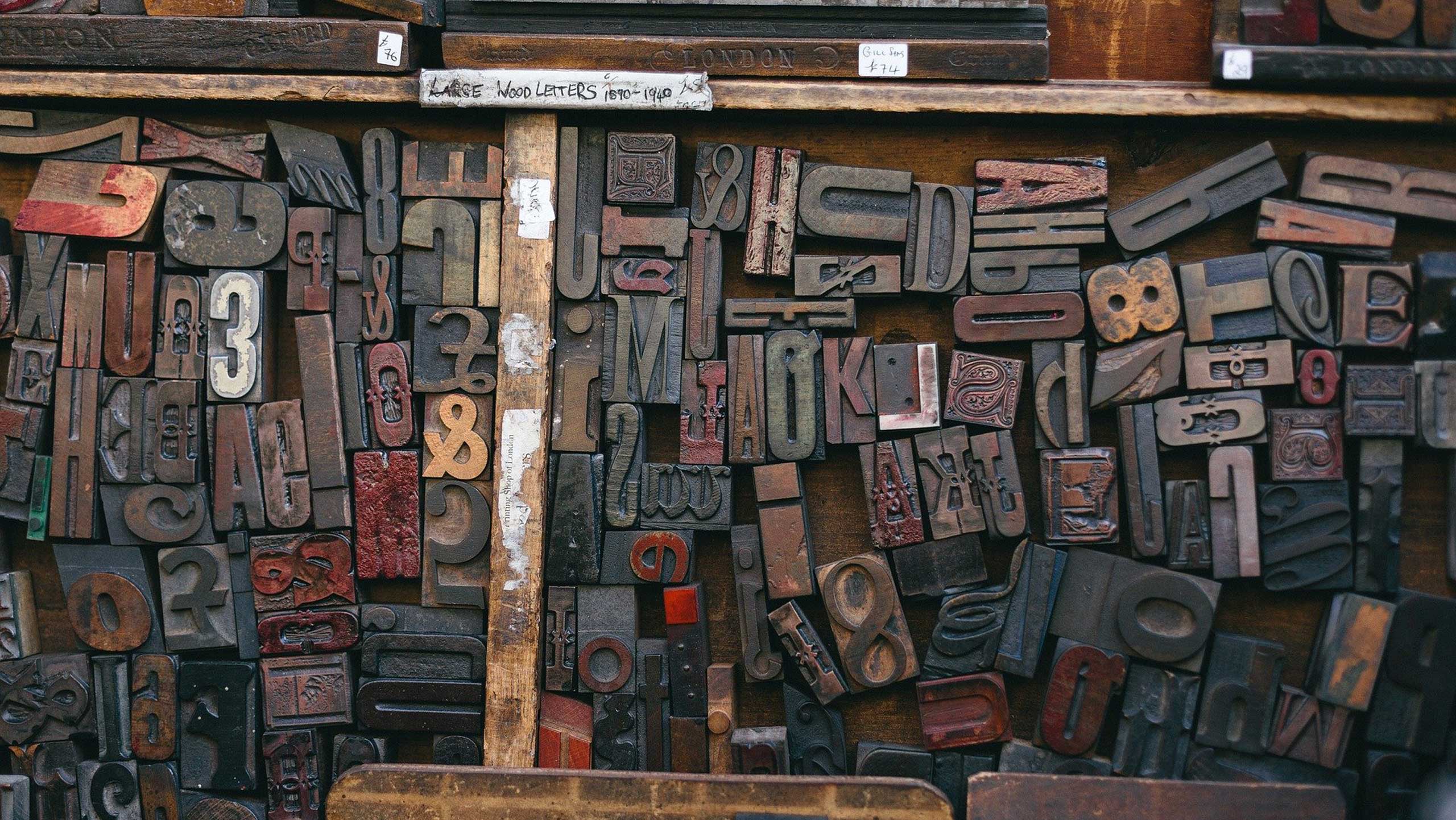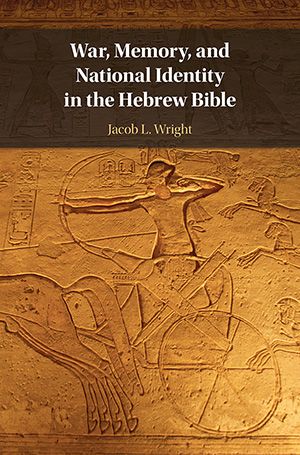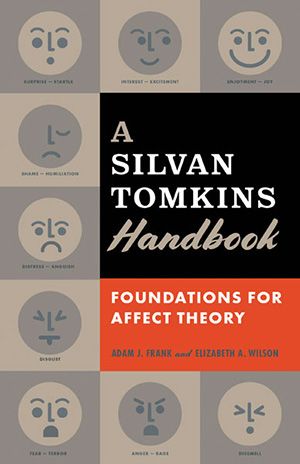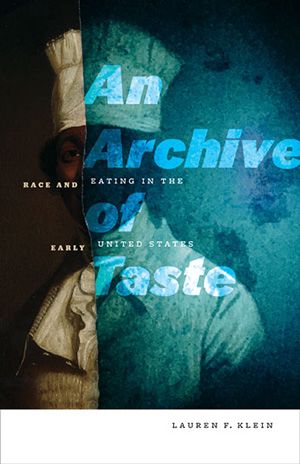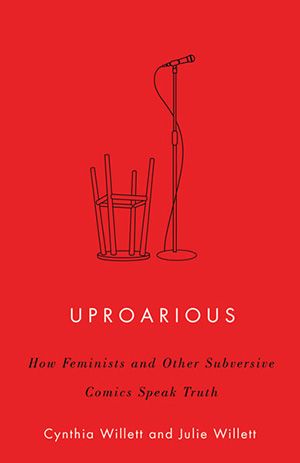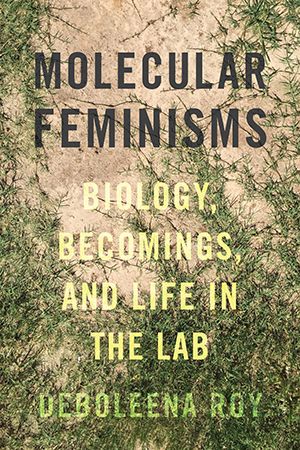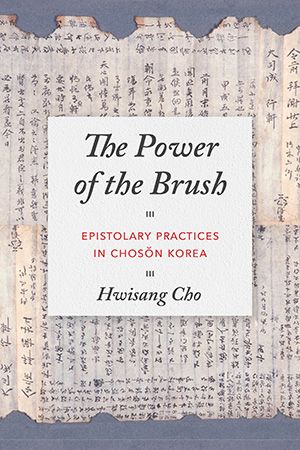Turning the Page
Emory’s leadership in digital publishing and open access expands the scope and reach of new humanities scholarship

A groundbreaking effort within Emory College of Arts and Sciences brings books by humanities faculty to wider audiences through open access publication, making the works freely available online to anyone in the world with internet access.
Supported by Emory’s Digital Publishing in the Humanities initiative, university presses have published seven open access scholarly books, or monographs, by Emory faculty since 2018. Four more are forthcoming by 2022.
“This initiative increases the impact of scholarship in the humanities — and allows our faculty to cultivate new audiences for their research — while also positioning Emory as a leader in the creative expansion of open access digital publishing,” says Emory College Dean Michael A. Elliott, who is the principal investigator for the $1.2 million grant from the Andrew W. Mellon Foundation that funds the digital publishing initiative.
The scope in scholarship spans the subjects of molecular feminism, early Soviet Union architecture, Korean letter writing, standup feminist comedy, segregated Jim Crow era psychiatric hospitals, race and food origins in the early United States, and others.
“What drives me and most faculty is the dissemination of our research and discoveries. This (open access) is going to reach a bigger audience than if you required it to be purchased,” says Jacob Wright, associate professor of Hebrew Bible in Emory’s Candler School of Theology.
Within days of publication this summer, Wright’s newest book had thousands of online views. “War, Memory, and National Identity in the Hebrew Bible” (published several months ago with Cambridge University Press) has a global market, making open access optimal for students and scholars. It’s particularly important for Wright’s international Coursera students.
“For a student, say, in Bangladesh to buy a book on a Bible causes political problems. Students all across the world can go online privately without having to order something and be watched for what they are reading. And it’s free,” says Wright.
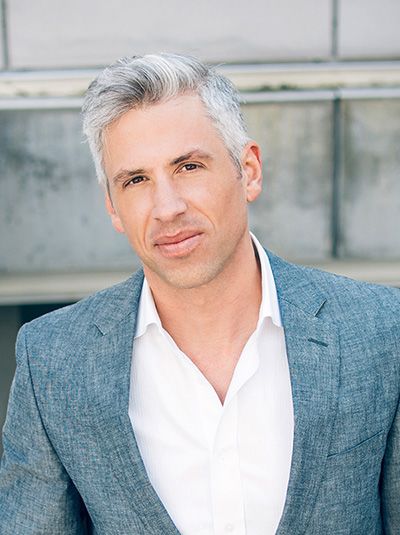
Jacob Wright, associate professor, Candler School of Theology
Jacob Wright, associate professor, Candler School of Theology
“What drives me and most faculty is the dissemination of our research and discoveries.
Open access is going to reach a bigger audience than if you required it to be purchased.”
— Jacob Wright, associate professor of Hebrew Bible
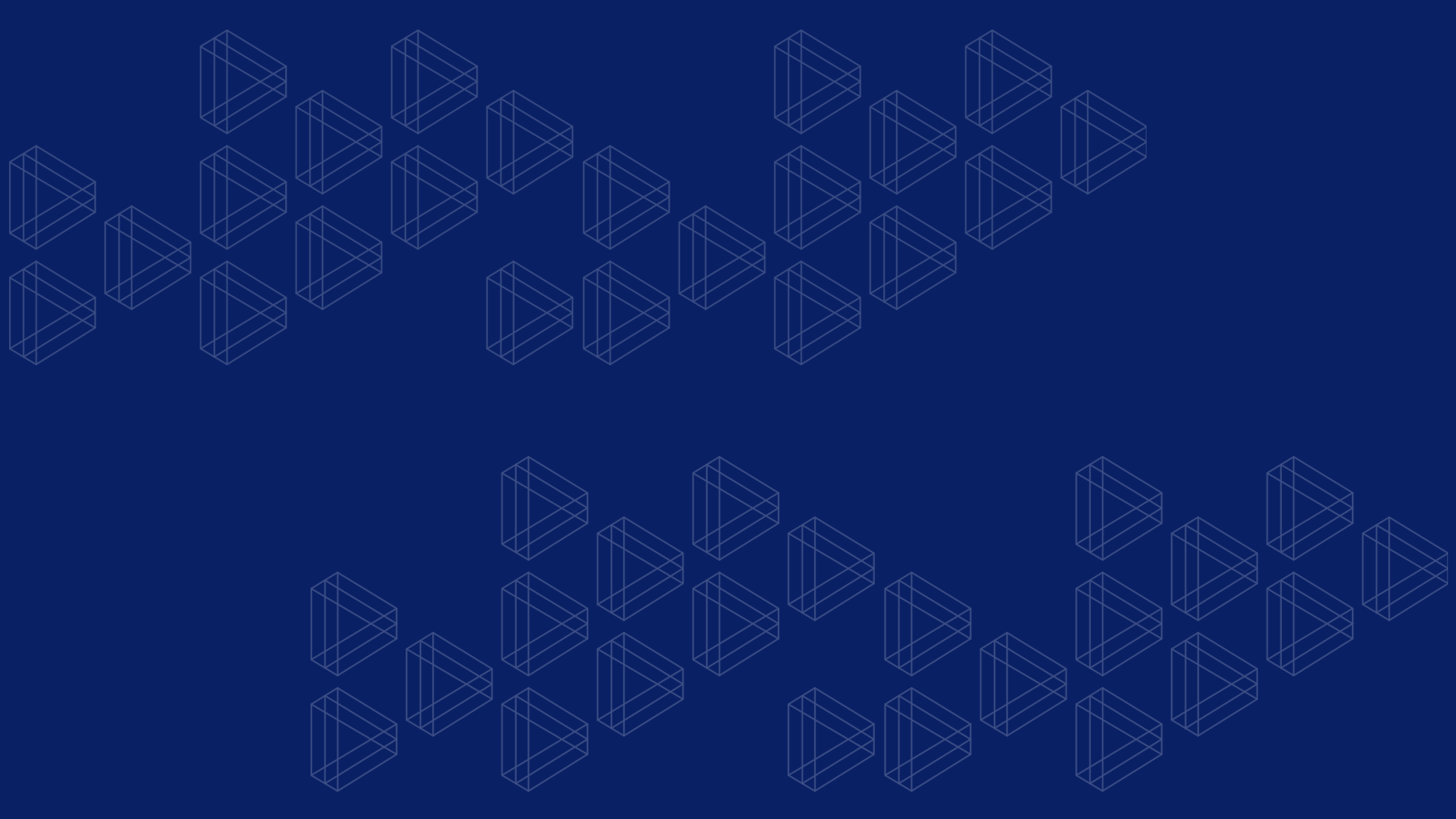
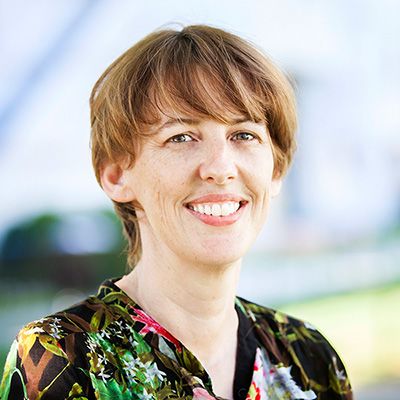
Elizabeth Wilson, Samuel Candler Dobbs Professor of Women’s, Gender and Sexuality Studies
Elizabeth Wilson, Samuel Candler Dobbs Professor of Women’s, Gender and Sexuality Studies
Another scholarly benefit is open access simply makes research easier, says Elizabeth Wilson, a Samuel Candler Dobbs professor and director of undergraduate studies in the Women’s, Gender and Sexuality Studies department.
“In doing research, I can pull up a book and, in a minute, find the quote I am searching after. The searchability function is really important. I don’t have to plow through a book looking for these things,” says Wilson.
Her book, “A Silvan Tomkins Handbook: Foundations for Affect Theory” (University of Minnesota Press), published in August, not only has academic appeal but is a useful guide for psychologists and clinics.
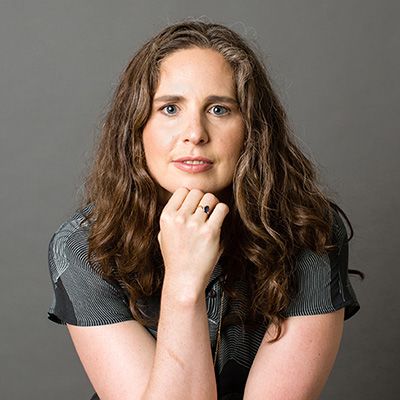
Lauren Klein, associate professor, Department of English and Department of Quantitative Theory and Methods
Lauren Klein, associate professor, Department of English and Department of Quantitative Theory and Methods
Monographs are often written for scholars in a particular field, and engage in field-specific conversation. That specificity narrows the audience, but not the relevancy to other disciplines, says Lauren Klein, director of Emory’s Digital Humanities Lab and an associate professor of English and quantitative theory and methods. “An Archive of Taste: Race and Eating in the Early United States” (University of Minnesota Press, 2020) is her monograph digitally published in May.
These books are part of Emory’s commitment to open access through TOME, Toward an Open Monograph Ecosystem, where universities pledge to subsidize digital publication.
“The TOME project is geared towards these scholarly books that are the gold standard in humanities disciplines, and because of that — the institutional and disciplinary pressures — it’s hard to get a broader audience without external mechanisms like funding,” Klein says.
Open access expands reach of new knowledge
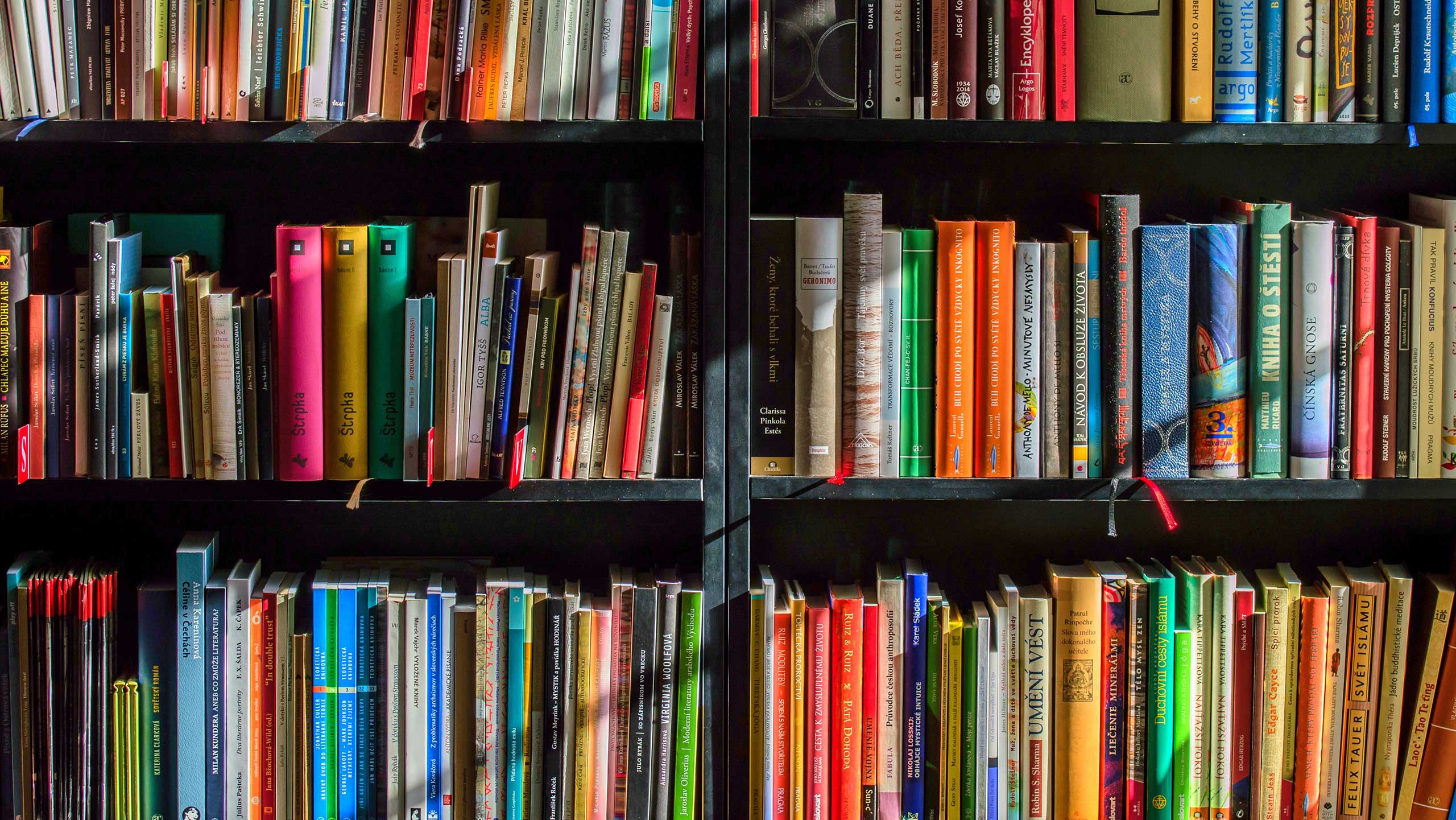
Unlike its academic counterpart, the sciences, the humanities are new to the world of open access publishing.
Cynthia Willett, a Samuel Candler Dobbs professor of philosophy, didn’t publish digitally until 2019 with her fifth book, “Uproarious: How Feminists and Other Subversive Comics Speak Truth” (University of Minnesota Press). She’s heard from stand-up comics who she doubts would have discovered the book if only printed.
“It broadened the scope of the idea of who the audience would be and that was exciting,” Willett says. “It challenged us and we expanded it.”
Monographs are expensive to publish and purchase. Open access publication allows academics and non-academics to give the material a chance.
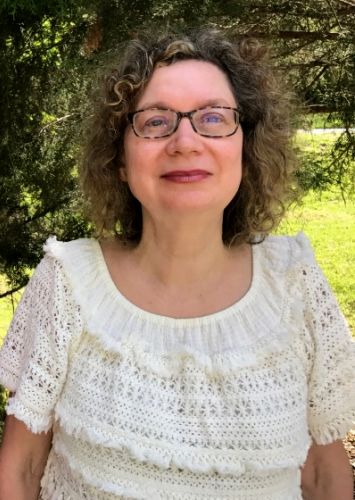
Cynthia Willett, Samuel Candler Dobbs Professor of Philosophy
Cynthia Willett, Samuel Candler Dobbs Professor of Philosophy
“It broadened the scope of the idea of who the audience would be and that was exciting.”
— Cynthia Willett, Samuel Candler Dobbs Professor of Philosophy

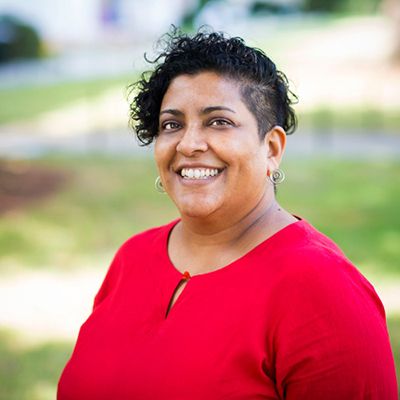
Deboleena Roy, senior associate dean of faculty and professor of Women's, Gender and Sexuality Studies
Deboleena Roy, senior associate dean of faculty and professor of Women's, Gender and Sexuality Studies
Deboleena Roy, senior associate dean of faculty for ECAS and professor of neuroscience and behavioral biology and women’s, gender and sexuality studies, never imagined her book, “Molecular Feminisms: Biology, Becomings, and Life in the Lab” (University of Washington Press, 2018) would be read by artists and architects or be taught interactively with students in Australia. She’s also had an increase in global speaking engagements from Romania to Singapore.
“I think open access has had an impact. The international attention to the work is more than I had anticipated,” Roy says.
Wright says people need to understand that knowledge isn’t free. Even open access books are expensive to produce.
Costs include the years scholars spend researching and writing, the price of university presses publishing the book, and the “invisible” university expenditures in editorial and technical support.
The Digital Publishing in the Humanities initiative is based in Emory College’s Bill and Carol Fox Center for Humanistic Inquiry. Collaborators include the Scholarly Communications Office of Emory Libraries, the Center for Faculty Development and Excellence (CFDE) and the Emory Center for Digital Scholarship. Together, they create an infrastructure that supports faculty developing digital monographs.
For example, Lisa Macklin, associate dean of research, engagement and scholarly communications in the Emory Libraries, helps authors navigate copyright challenges with university presses, crafting book contracts to meet open access requirements.
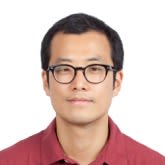
Hwisang Cho, assistant professor, Department of Russian and East Asian Languages and Cultures
Hwisang Cho, assistant professor, Department of Russian and East Asian Languages and Cultures
The CFDE provides workshops on public scholarship, funds for developmental editing, and writing groups. Korean studies assistant professor Hwisang Cho received a grant from its Scholarly Writing and Publishing (SWAP) fund for his book, “The Power of the Brush: Epistolary Practices in Chosŏn Korea,” which was published open access in October by the University of Washington Press.
Essential support for humanities scholarship

Emory’s project began in 2014 as a faculty working group searching for new models in humanities publishing led by Elliott while he was serving as executive associate dean for Emory College.
In 2016, Emory received a $1.2 million Andrew W. Mellon Foundation grant. Under Elliott’s direction, the grant helps university presses offset open access publishing costs while fostering new opportunities for faculty to experiment with digital publishing.
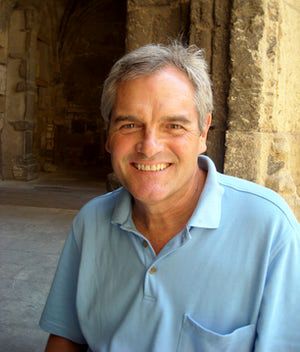
Allen Tullos, co-director of the Emory Center for Digital Scholarship
Allen Tullos, co-director of the Emory Center for Digital Scholarship
“It’s not unusual in the sciences to come to the university with a lab package, but the humanities haven’t had that opportunity,” says Allen Tullos, co-director of the Emory Center for Digital Scholarship. “The Mellon grant was encouraging universities to offer subsidies to presses to publish monographs online and demonstrate every university should support its faculty in this way.”
So far, Tullos says the grant has “been a success” with scholars increasingly opting for online publishing.
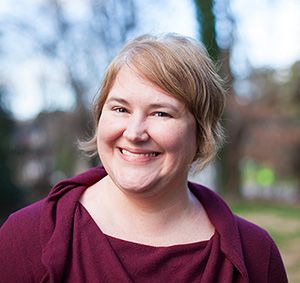
Sarah McKee, senior associate director for publishing
Sarah McKee, senior associate director for publishing
Sarah McKee, senior associate director for publishing, helms the initiative, supporting individual projects and keeping the humanities community informed.
“The open access and digital publications landscape is continually evolving, so our hope is to include everyone in the conversation — even those who are not actively working on a digital monograph,” McKee says.
The initiative offers workshops and lectures to help spread the word. This fall, the annual Open Access Authors Reception was a virtual celebration, with a new website built to showcase open access works from across the university.
“The open access and digital publications landscape is continually evolving, so our hope is to include everyone in the conversation — even those who are not actively working on a digital monograph.”
— Sarah McKee, senior associate director for publishing

Digital platforms create new forms of scholarship
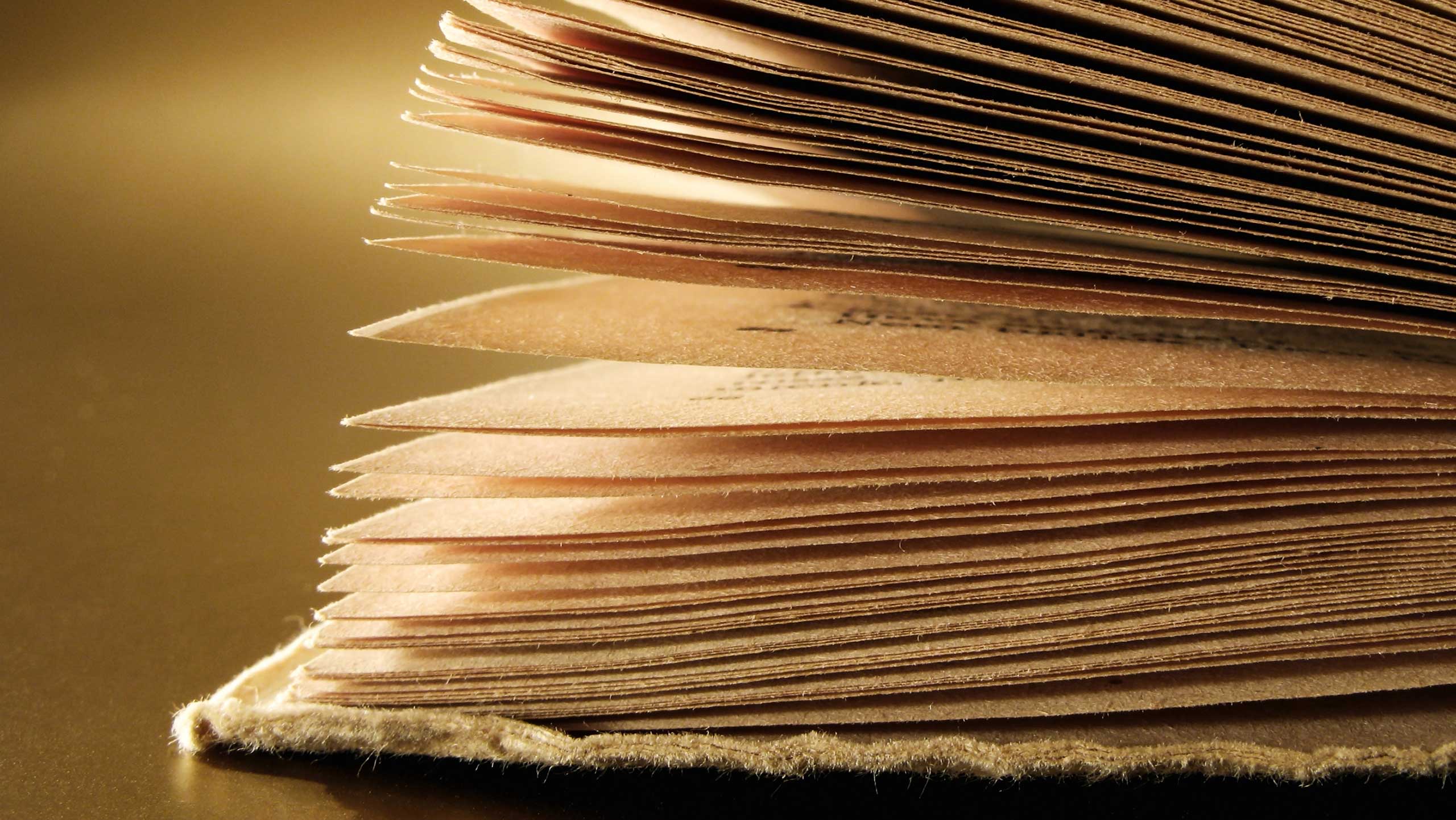
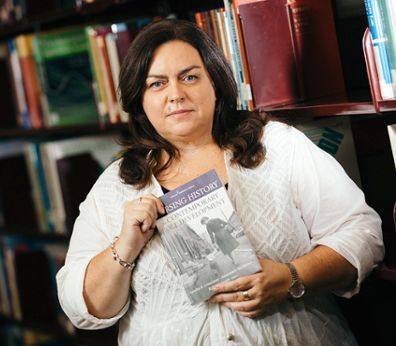
Kylie Smith, Andrew W. Mellon Faculty Fellow for Nursing and Humanities and associate professor of nursing
Kylie Smith, Andrew W. Mellon Faculty Fellow for Nursing and Humanities and associate professor of nursing
“Jim Crow in the Asylum: Psychiatry and Civil Rights in the American South” won’t be published by the University of North Carolina Press both in print and online for two years. The author, Kylie Smith, an Andrew W. Mellon Faculty Fellow for Nursing and Humanities and associate professor at Emory, didn’t want her book to remain on a shelf.
Like other digital book authors supported by Emory, Smith is writing the book traditionally — not posting the book until it is peer reviewed and published.
But Smith enters new digital terrain: as she writes and researches, anyone can follow her process online. She uses the Manifold platform to post blogs about ongoing research, essays and links to other publications.
“People get to be part of the journey and be aware that the work is happening,” Smith says. “I can test what works rather than wait.”
It has provided early feedback, increased collaboration and accountability, widened her perspective on her work, and expanded her creativity. Her photographs of an abandoned Alabama asylum will be posted as an online essay.
“It’s another way of expression to help me in my emotional and thinking process,” Smith says.
Smith, with input from her publisher, chose to work with Manifold, a publishing platform developed in collaboration between the University of Minnesota Press and the Digital Scholarship Lab at the Graduate Center at the City University of New York. Manifold allows more interactivity and multimedia than a conventional e-book.
In 2019, Emory participated in a Manifold pilot project to share knowledge and resources. Manifold staff have trained Emory staff and faculty to help show them how to formulate digital projects using its platform.
“It was new for us and new for them. Emory has been a great partner for us to learn what is useful and meaningful for an institution — installing and using Manifold with faculty,” says Susan Doerr, an associate director of the University of Minnesota Press.
Manifold’s digital flexibility is important to Smith, who wants to “capture the lived experience” of African Americans hospitalized in the poor conditions of psychiatric hospitals during the Jim Crow era in Alabama, Georgia and Mississippi.
She is working with the Emory Center for Digital Scholarship to find ways to translate her research into an engaging online experience. That innovative digital landscape includes interactive databases, documents, photographs or 3-D tours, maps and charts, videos or other multimedia.
“Our goal is to work with the authors and presses to come up with designs and use these platforms to enable new forms of publications,” Tullos says. “The key is collaboration. No one person knows all the technology or the scholarship. It has been quite remarkable and well received.”
As a former filmmaker, Smith began recording her interviews. While she was working with Rose Library archives, staff realized her work could fill a gap in their Civil Rights oral history collection. Together, they are creating a special collection called the Southern Mental Health History Project.
“Writing a book is an isolating experience: I wouldn’t have ventured down this (digital) path on my own,” Smith says. “Emory is willing to collaborate and support me in resources, time and money. I have a team making this with me. It’s a great feeling.”
“The key is collaboration. No one person knows all the technology or the scholarship. It has been quite remarkable and well received.”
— Allen Tullos, co-director, Emory Center for Digital Scholarship

To learn more, please visit:
Emory Digital Publishing in the Humanities
Emory News Center
Emory University
